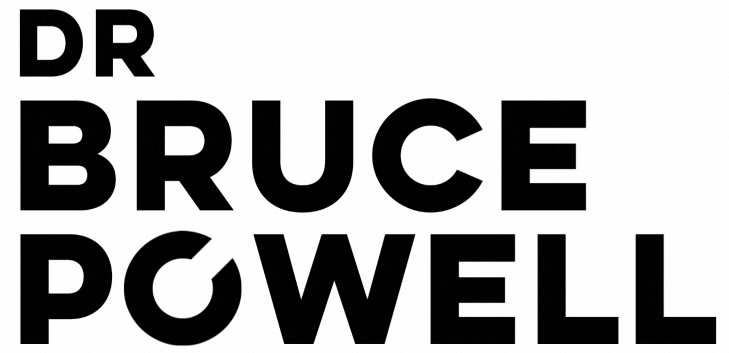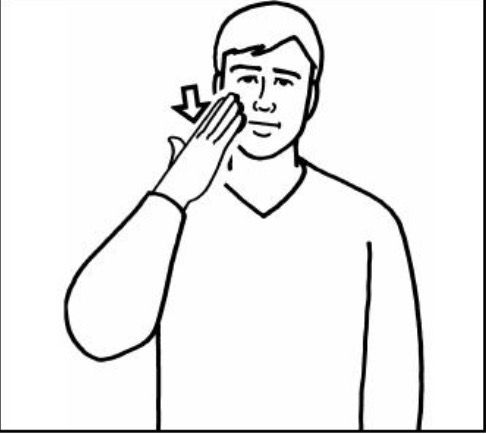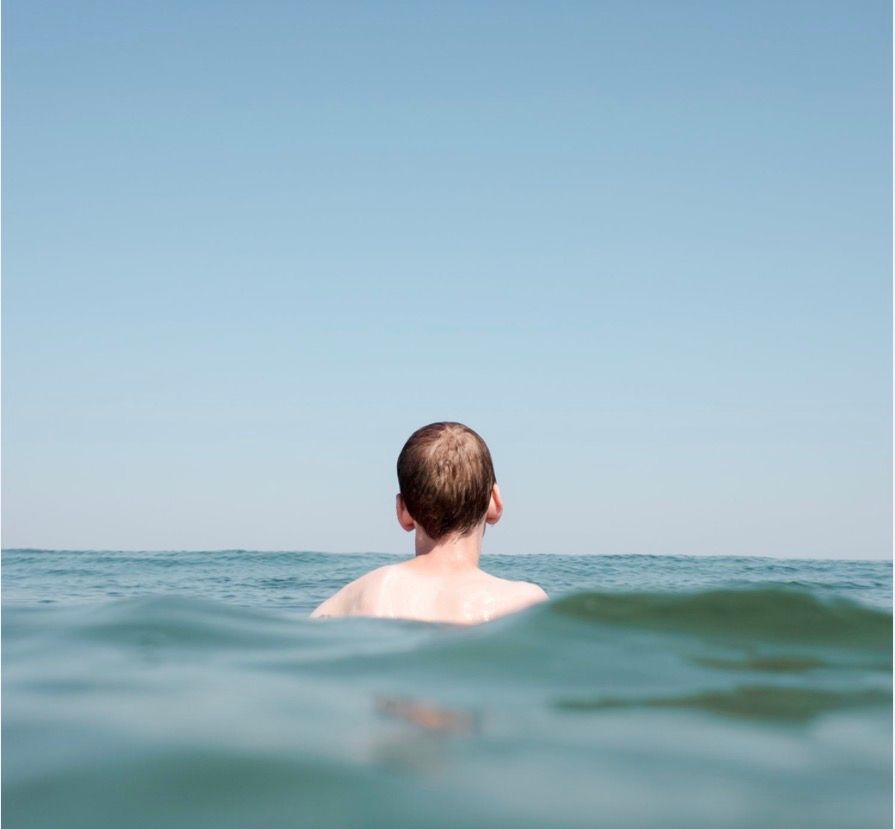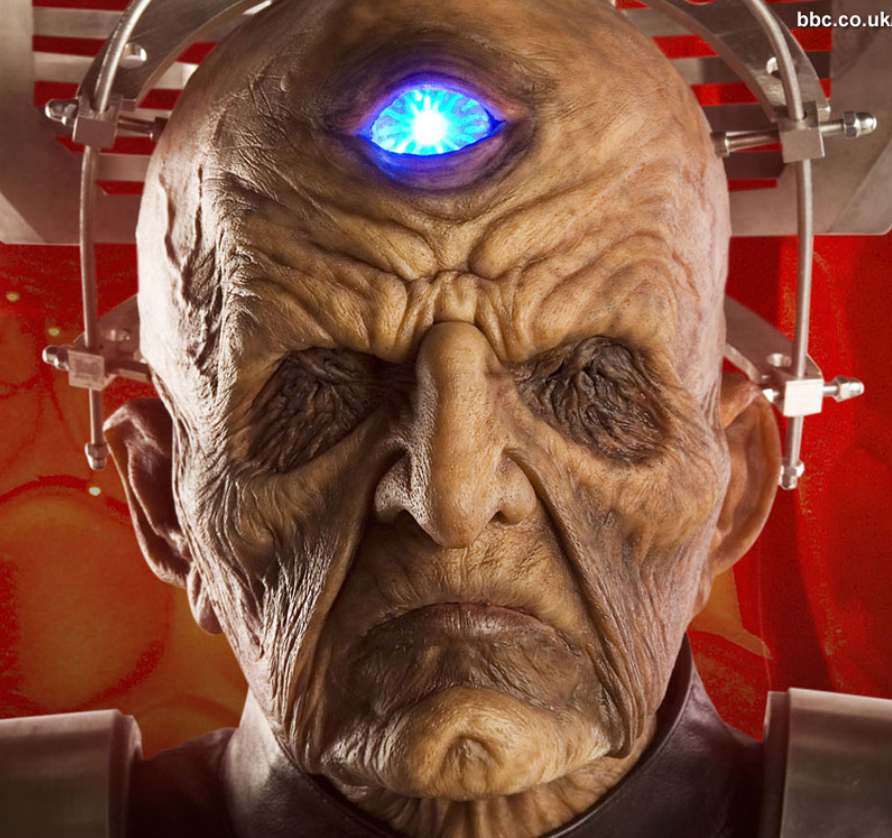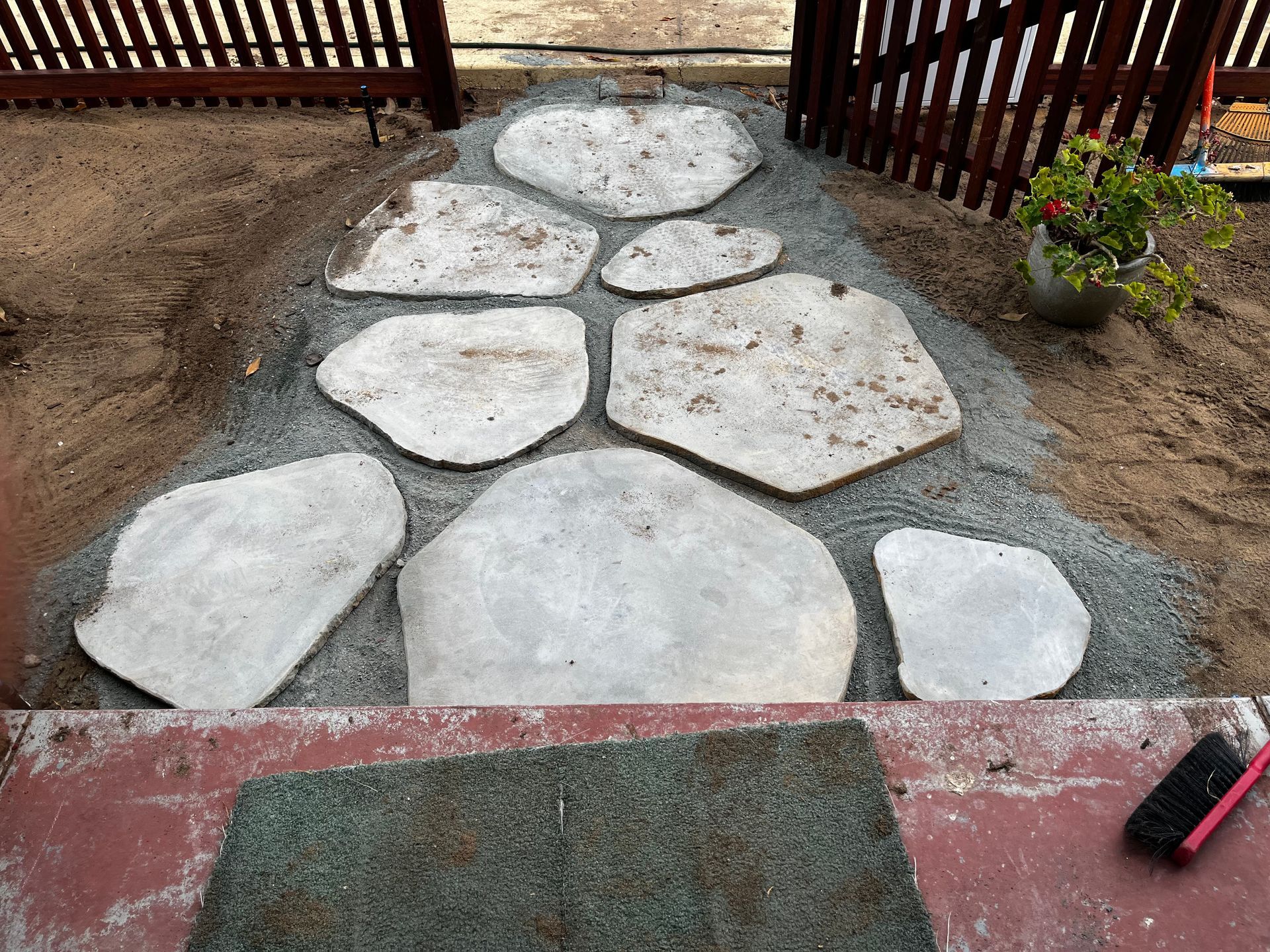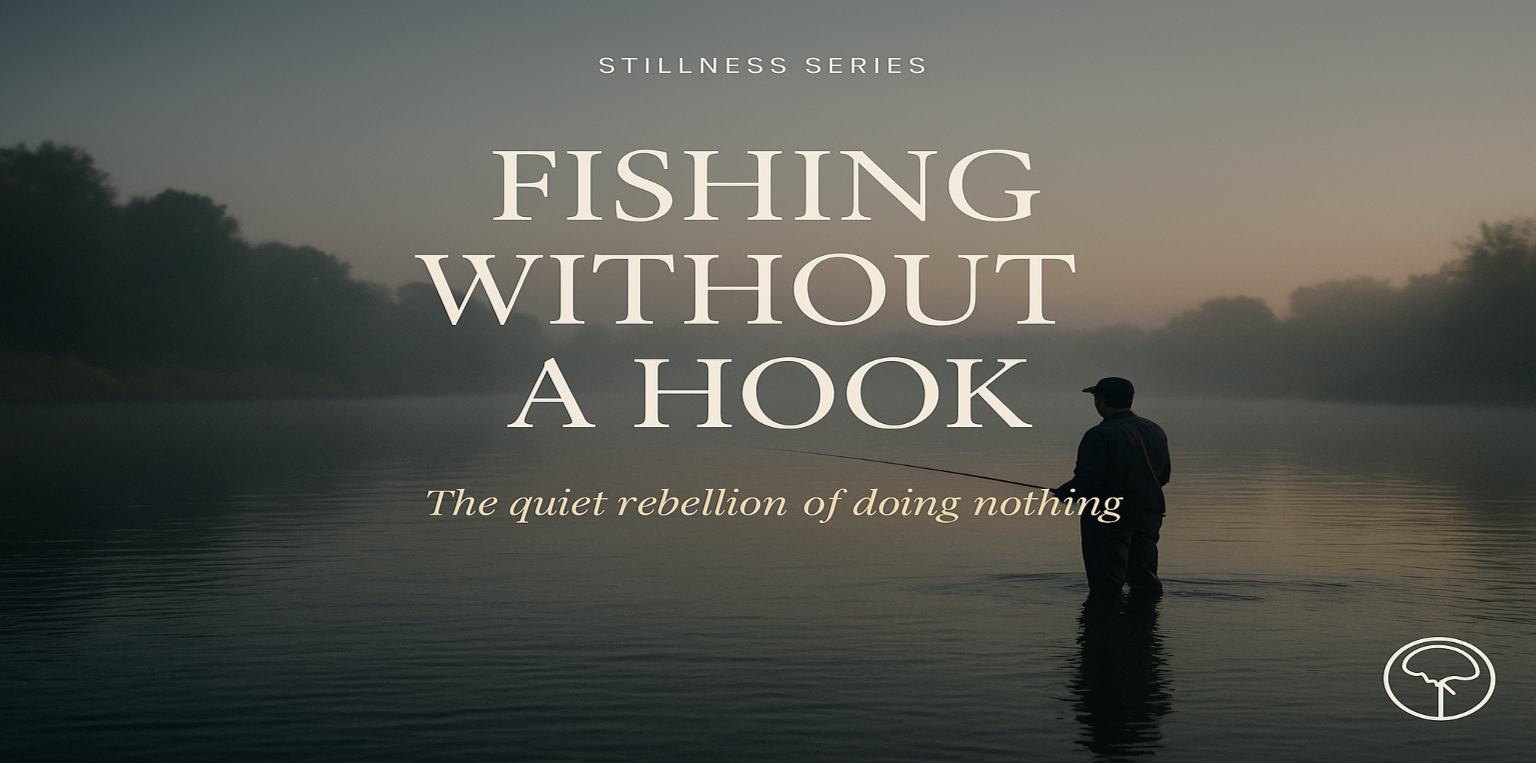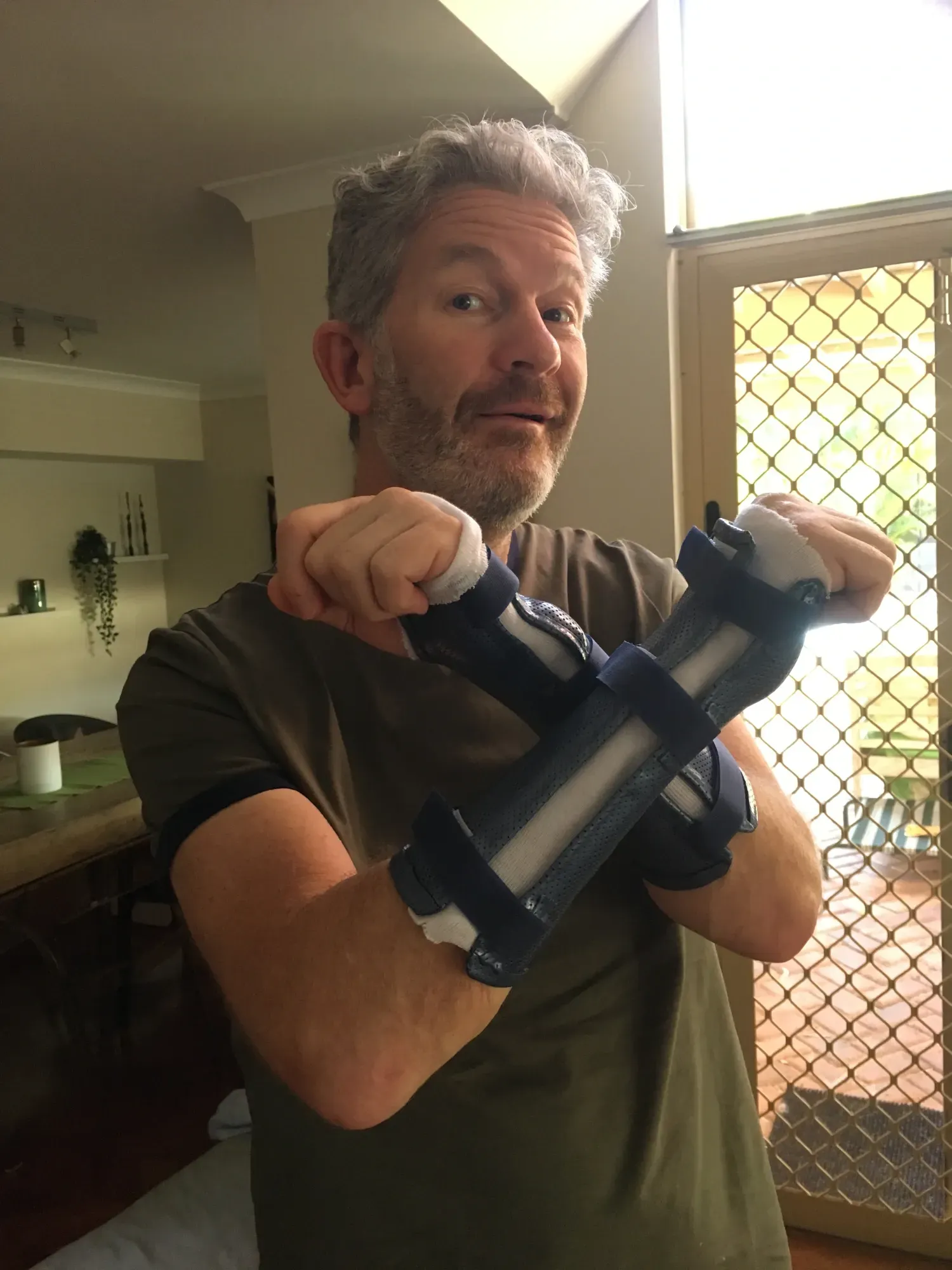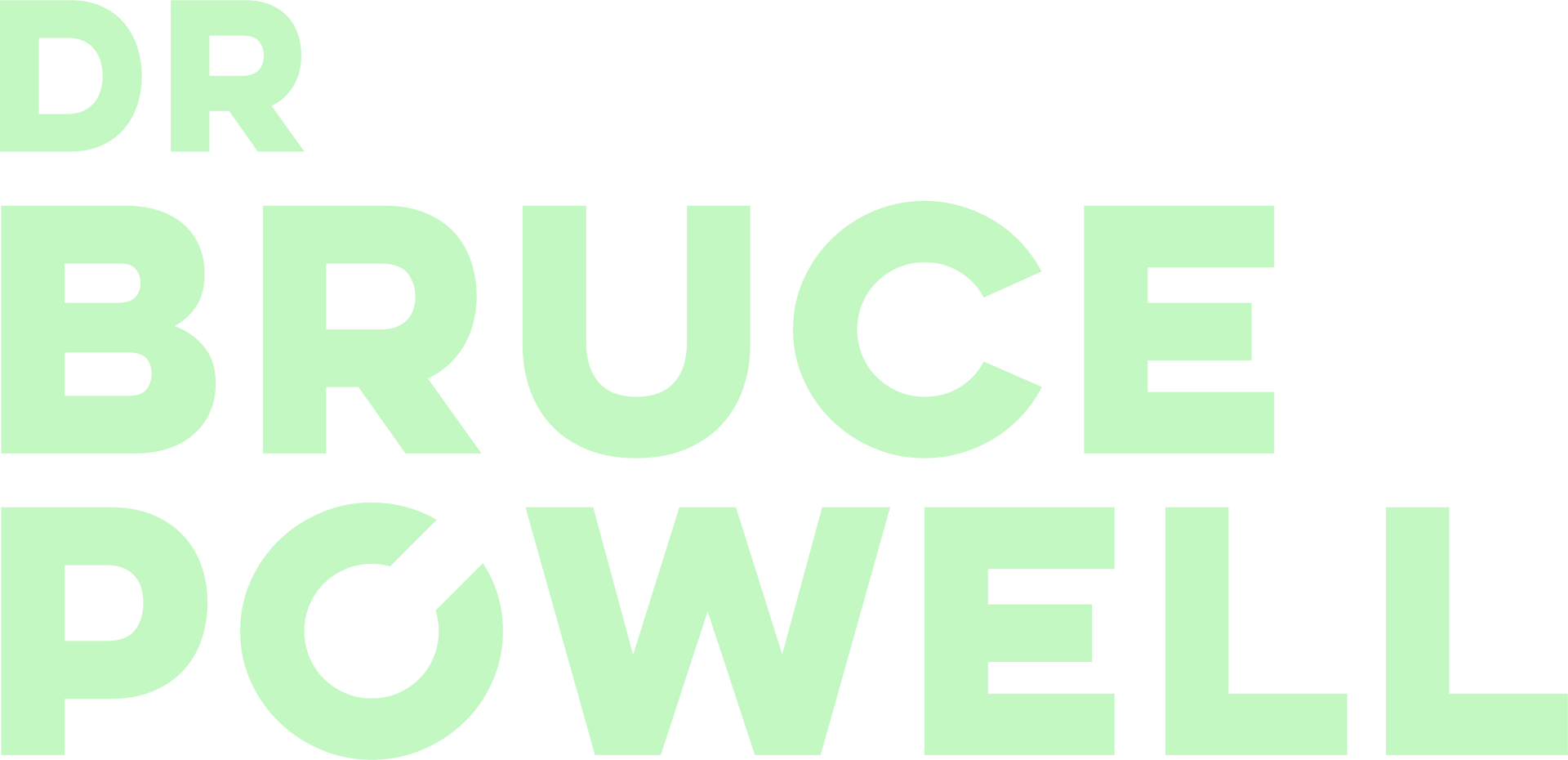Psychology is Hard (Editing is Harder)
More editors than psychologists.
I’ve had three psychologists and five editors in the past five years. I’m either difficult to work with, or writing is more complicated than brain injury.
I’ve stuck with Jay* (*not Jarred’s real name), my psychologist for the past four years. PTSD, anxiety, cognitive fatigue; Jay treats them all with patience and honesty. I’ve tried to stop seeing him more than once, gone six months without his counsel, but each time I’ve had to admit I need a consulting room. Sadly, he doesn’t have a leather couch to lie back on, but his office is a formal place, somewhere to say things out loud, admit my struggles are real.
Writing is like that for me. I read my words in my head and think, Yes, that’s it. But when I hear Microsoft’s gentle Irish voice read them back, it doesn’t sound right. I chose the forgiving accent deliberately, but the phrases and syllables are still clumsy. One editor told me writing was like creating lyrics to a tune only she could hear. I should read each sentence like a line of a song, let the consonants and verbs tap out the rhythm.
Writing is hard. Proper writing, that is. Writing with verbs and prepositions, active and passive forms, a narrative arc. Medicine’s anatomy and biochemistry are black or white, right or wrong, dead or alive, so much easier. Writing isn’t binary. It’s a blitzkrieg of styles and opinions, a bewildering subjective moshpit.
“I like Hemingway and Claire Keegan,” I argue. Only because there are fewer words to blend in my head. Hemingway reckoned ninety-nine of every hundred words he wrote were rubbish, which means The Old Man and the Sea took him 2.7 million words to create. Depressing.
Editors are like psychologists for me. They keep me honest. They make me listen to my words, confront my amateurish styling, and commit to be better.
My first editor got me writing, became my friend, and is still a wise, patient guru. For her, I could just write for fun. Editors don’t read for fun.
“Bruce, this isn’t what we agreed you would write about.”
My second editor was more professorial and clinical, butchering my work with red slashes of biro; PASSIVE AGAIN scrawled across each sheet.
My third editor was a great writer and turned my waffling into a prize-winning essay.
“Who wrote this?” my wife Anita asked. “It doesn’t sound like you. Way too flouncy and funny.”
“This is really good,” the fourth often said. My medical career has made me suspicious of those who are gentle and supportive.
My fifth editor I found on a website. I sent him my first whole book, Only a Doctor.
“Your stories make you sound like a sociopath. Your readers may not know you’re joking.”
Who said I was joking?
“Only a Doctor?” said Anita. “You don’t think that at all. You doctors all think you’re great.”
Finally, a wonderful writer who refused to have me at her retreat asked, “Why are you trying to write about things that are still confused and traumatic?”
“Because they are important to me.”
“All the more reason to wait. Accept your experiences, process them until you can relate them without struggling for the words and choking back the tears.”
So that’s what I have been doing. Writing stories about my neurodiverse childhood, medical school trials, and my naval journeys.
I haven’t shown anyone yet.
I’m debating whether to choose a new editor or pick one from the old crew. I wonder if Jarred can edit as well as counsel. Save me the trouble of finding a seventh.
Bruce
